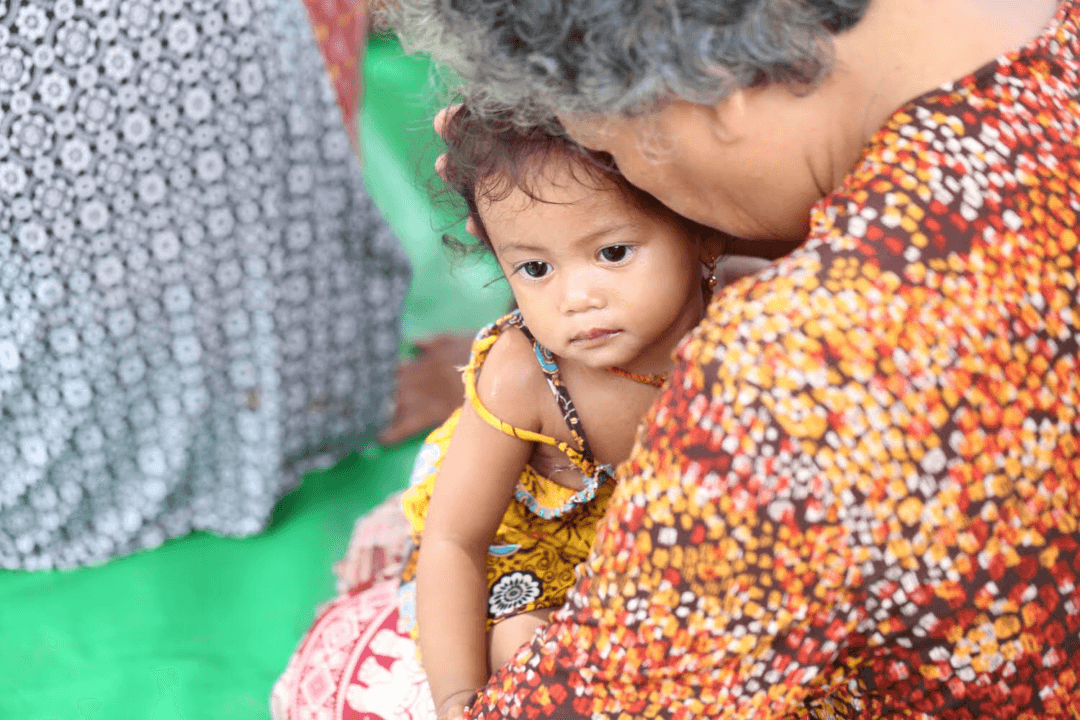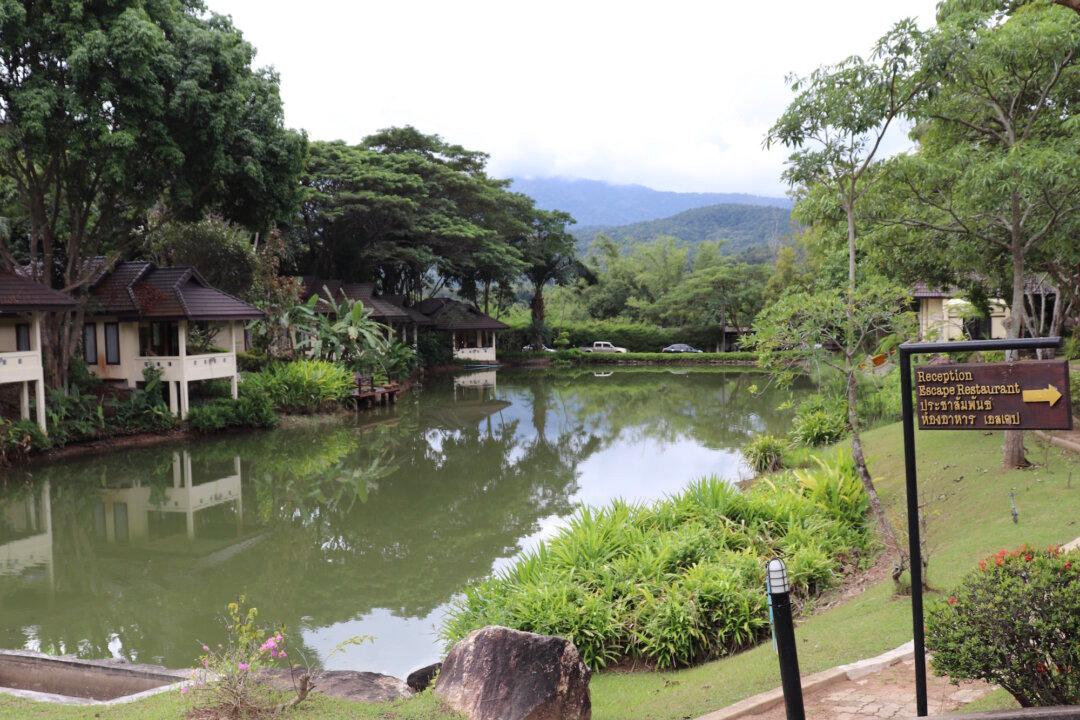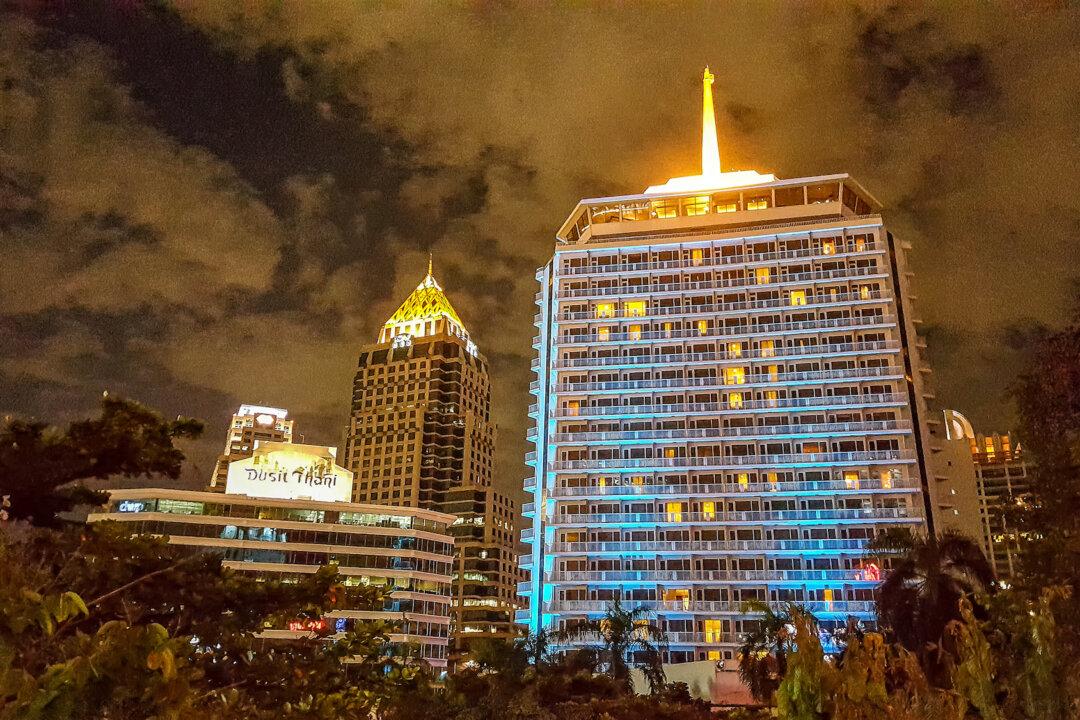SYDNEY—Australia has just become the first nation in the world to recognize that the trafficking of children into orphanages is a form of modern slavery. Passed last month, the Modern Slavery Bill also focuses on the role that tourists who support orphanages unwittingly play in enabling child abuse and exploitation.
The legislation, which comes into effect on Jan. 1, requires large travel companies, educational institutions, and other entities to publish reports on what they do to assess and address modern slavery risks in their supply chains, including orphanages.


